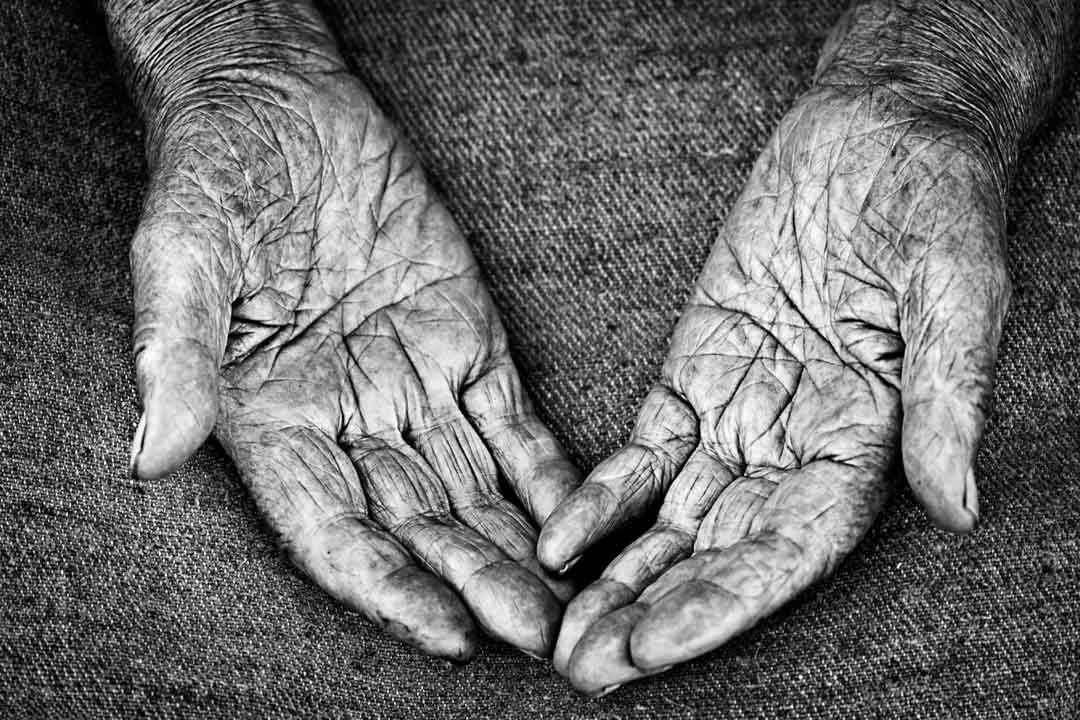As humans we are innately wired with a will to live and desire to experience satisfaction, yet only a rare few of us will reach 100 with our health and an optimistic view of the world.
While it is much easier to attribute high quality of life to our genetic predisposition or a life without adversity, the truth is much more empowering; the quality and quantity of our life is largely up to us. A study on Danish twins supports this idea by showing that about 25 per cent of our lifespan is determined by genetics with the remaining 75 per cent determined by our lifestyle choices and daily habits.
Dan Buettner, author of “The Blue Zones: 9 Lessons for Living Longer From the People Who’ve Lived the Longest”, has some valuable insights on the significant influence we have over our health. Buettner collaborates with professors and researchers to identify five Blue Zones, areas that are home to a high percentage of citizens over 100. His team interviewed these centerians in Sardinia in Italy, Okinawa in Japan, Loma Linda in California, Nicoya Peninsula in Costa Rica and Ikaria in Greece, searching for the common habits, lifestyles and behaviours that explain their longevity.
Buettner identifies that it is actually us who hold considerable power when it comes to our health.
“I know that our bones will soften and our arteries will harden. Our hearing will dull and our vision will fade. We’ll slow down. And, finally, our bodies will fail altogether, and we’ll die. How this decline unfolds is up to us. The calculus of ageing offers us two options: We can live a shorter life with more years of disability, or we can live the longest possible life with the fewest bad years. As my centenarian friends showed me, the choice is largely up to us.”
Buettner uses his learnings to provide nine positive lifestyle habits that when combined and maintained over a lifetime support longevity:
1. Move naturally – be active without having to think about it
“The overall goal is to get into the habit of doing at least 30 minutes (ideally at least 60 minutes) of exercise at least five times a week.”
Participate in regular physical activity as part of your daily routine. You should be aiming for 30-60 minutes, ideally 60 minutes, of aerobic, strength and balance activities at least five times a week. Your core muscle groups and balance should also be exercised at least twice a week.
2. Eat until you are 80 per cent satisfied – painlessly cut calories by 20 per cent.
“We overeat because of circumstances—friends, family, packages, plates, names, numbers, labels, lights, colours, candles, shapes, smells, distractions, cupboards, and containers.”
Make meal times an event where you sit down, eat slowly, mindfully and with purpose. This can help you to restrict unnecessary calories and prevent overeating that may contribute to obesity and the onset of chronic disease. It can be difficult to change overeating habits after being raised to avoid waste and eat everything on your plate. Some habits to help you eating smaller meals include; using smaller serving plates, bowls and cups to make food appear larger, buying smaller packages, serving correct portion sizes and storing food away once served to prevent the temptation of further eating.
Interestingly those in the Blue Zones also ate their largest meal in the first half of the day.
3. Plant slant – avoid excessive meat consumption and processed foods
‘Eat your vegetables.’
Eat a plant based diet primarily comprised of vegetables, fruits, nuts, beans, legumes, tofu and wholegrains. Eat protein at each meal to ensure satiety but predominately from plant sources. Limit meat consumption by making vegetables, wholegrains and beans the cornerstone of your meal. Aim to eat four to six serves of vegetables a with two serves of vegetables per meal. Avoid packaged foods and eat nuts on a daily basis.
4. Grapes of life – drink red wine (in moderation)
“Treat yourself to a ‘happy hour’.”
You can drink one to two glasses of high quality red wine daily with your partner or friends for its antioxidant, anti-inflammatory and stress reducing benefits. It’s important to only consume in moderation as any more than two glasses a day will be more harmful than beneficial.
5. Purpose now – take time to see the big picture
Have “a clear goal in life—something to get up for in the morning.”
It’s vital for happiness to live your purpose and have a reason to stay motivated each day. Establish what your mission is, write it down and reflect on it frequently to ensure you are living your truth. Learning a new skill or participating in a new activity can also bring you purpose. Once you have mastered that skill, then find something new that interests you and continue to challenge yourself and grow.
6. Downshift – take time to relieve stress
Be “wise enough to know that many of life’s most precious moments pass us by if we’re lurching blindly toward some goal.”
Learn to slow down and make time to relax daily by doing something you enjoy whether this be read, socialise with friends, meditate, yoga, spiritual practice or play a musical instrument. Invite calmness into your day by not over committing, choosing to be early for your commitments and minimising the mindless noise of the TV and radio. Choosing to practice meditation daily may also help relieve your stress as it allows you to silence the mind and be more present.
In the Seventh Day Adventist Blue Zone Loma Linda their Sabbath day of rest each week allowed them time to leave their daily responsibilities to reconnect with their faith, family, friends and nature. This allowed them to slow down and because it was stipulated by their beliefs, it was prioritised so the long-term benefits could be observed. While we are not all religious, the benefits of a rest day could be experienced by all.
7. Belong – participate in a spiritual community
‘the faithful are happier and healthier.’
Those in the Blue Zones all had faith that meant they could build a wider support network, engage in spiritual and self reflection, adopt health habits and prevent engagement in harmful behaviours. For those of us who are not into religion, it may be beneficial to explore a community group of interest to deepen your sense of community.
8. Loved ones first – make family a priority
‘Put family first. Invest time and energy in your children, your spouse, and your parents. Play with your children, nurture your marriage, and honour your parents.’
Spending time with family gives you a sense of love and belonging. It is worth making the effort to regularly engage with family through frequent visits or calls and celebrating special occasions. In the Blue Zones it is not uncommon for older generations to live with their children. This provides the older generation with greater connectedness, purpose and living conditions while the younger generations receive support with child rearing.
9. Right tribe – be surrounded by those who share Blue Zone values
“It’s much easier to adopt good habits when everyone around you is already practicing them.”
Surround yourself with friends and family that help you to make beneficial lifestyle choices. Aim to spend at least thirty minutes with these people each day to help you feel socially connected.
While reaching 100 years may not be possible or even desirable for all of us, we do have the ability to add an extra decade to our life through deliberate diet and lifestyle practices. It is through these everyday choices that we make regarding our health and wellbeing that we can help shape a future of longevity, quality of life and deep satisfaction.
To delve deeper into Buettner’s findings and learn how you can incorporate longevity lifestyle habits into your day grab a copy of Dan Buettner’s The Blue Zones, Second Edition: 9 Lessons for Living Longer From the People Who’ve Lived the Longest.

